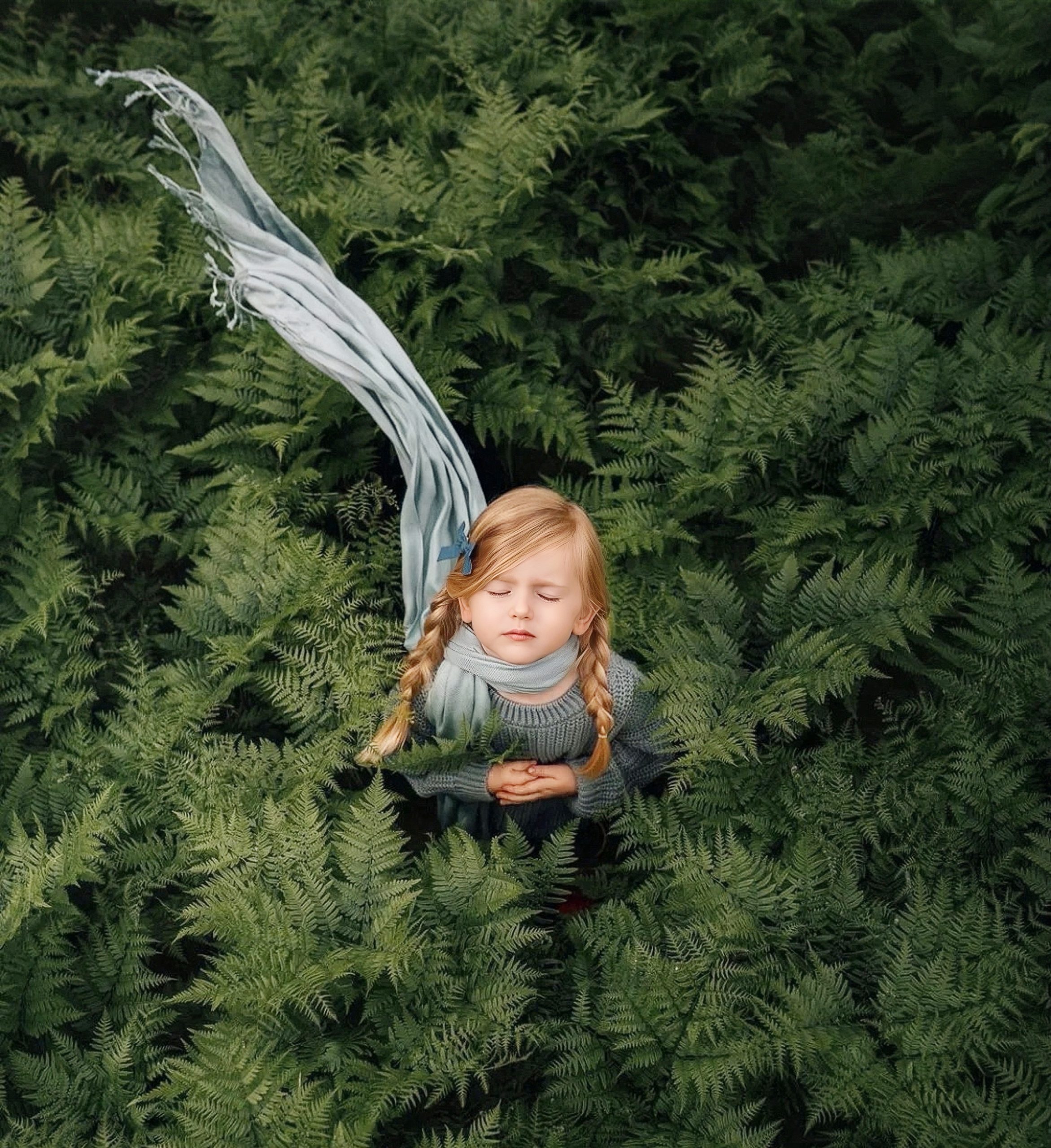When you’re a new parent, one of the biggest concerns is what to do with your baby’s waste. A lot of people are concerned about diapers being biodegradable because they don’t want them sitting in landfills for years and years, which can be a valid concern! The good news is that modern disposable diapers (as well as other disposable baby items) are pretty safe for the environment when compared to their cloth counterparts. Whether a product is “biodegradable” has a lot of meanings, but we generally think of biodegradable as something that can decompose into its basic components, mainly carbon dioxide and water. Diapers in landfills are sealed off from any contact with water and air, so they don’t decompose there
The materials in modern disposable diapers (as well as other disposable baby items) are pretty safe for the environment when compared to their cloth counterparts.
Modern disposable diapers are made from natural and synthetic materials, such as wood pulp, cotton and polymers. These materials are biodegradable if the diaper is not incinerated. Disposable baby items can be recycled or composted.
Cloth diapers can also be made from natural materials like cotton and wood pulp, but they require laundering which will use up water and energy over time. The cloth used to make cloth diapers is also very reusable since you can use them again after they’re washed—a good thing for the environment! However, they may not be as absorbent as modern disposable products which means you might need to change your child’s diaper more often than normal depending on his/her output levels during that period of time.”
Whether a product is “biodegradable” has a lot of meanings, but we generally think of biodegradable as something that can decompose into its basic components, mainly carbon dioxide and water.
Do you want to know the truth about biodegradable diapers?
Biodegradable diapers are a good option for the environment. They can decompose in a landfill, unlike regular diapers will stay forever. But they don’t decompose in the environment and if you throw them into your backyard or compost them on your own, it’s not biodegradable. So what do we mean when we say something is “biodegradable”? Biodegradation means that bacteria can break down organic materials like plants and animals into their basic components: carbon dioxide (CO2) and water. Many biodegradable materials such as paper products, cornstarch plastics or food waste may be composted by decomposing naturally over time through aerobic processes in an industrial facility designed specifically for this purpose—but this doesn’t mean they’re going anywhere fast!
Diapers in landfills are sealed off from any contact with water and air, so they don’t decompose there.
When you put your baby’s dirty diaper in the trash can, it will be sealed off from air and water. As a result, bacteria cannot break down the materials in diapers to make them into something that can be eaten by other creatures. Without access to oxygen or water, bacteria cannot do their job of breaking down organic matter (like poop) into carbon dioxide and water. Because of this, diapers remain intact when they reach landfills and don’t decompose there either!
Modern disposable diapers are more absorbent than cloth ones and help keep your baby drier and more comfortable for longer.
Modern disposable diapers are more absorbent than cloth ones and help keep your baby drier and more comfortable for longer. They’re made from materials that are biodegradable, so they won’t be an environmental burden for very long.
Look for an environmentally conscious brand that makes an effort to use sustainable production practices and renewable energy sources (like Seventh Generation).
Look for an environmentally conscious brand that makes an effort to use sustainable production practices and renewable energy sources (like Seventh Generation).
If you can’t find a brand that uses recycled materials or is otherwise committed to being more eco-friendly, considers using cloth diapers. They’ll still be thrown away, but they will biodegrade in landfills.
Yes, baby diapers are biodegradable under ideal conditions.
The materials in modern disposable diapers (as well as other disposable baby items) are pretty safe for the environment when compared to their cloth counterparts. The key phrase here is “ideal conditions” because not all diapers are created equal and there’s still room for improvement in the area of biodegradability.
Conclusion
The super absorbency of modern disposable baby diapers makes them more convenient for parents than cloth ones. Diapers can also be recycled after they’ve been used, but they’re not biodegradable under ideal conditions. If you want to reduce your impact on the environment, look for an environmentally conscious brand that makes an effort to use sustainable production practices and renewable energy sources (like Seventh Generation).





